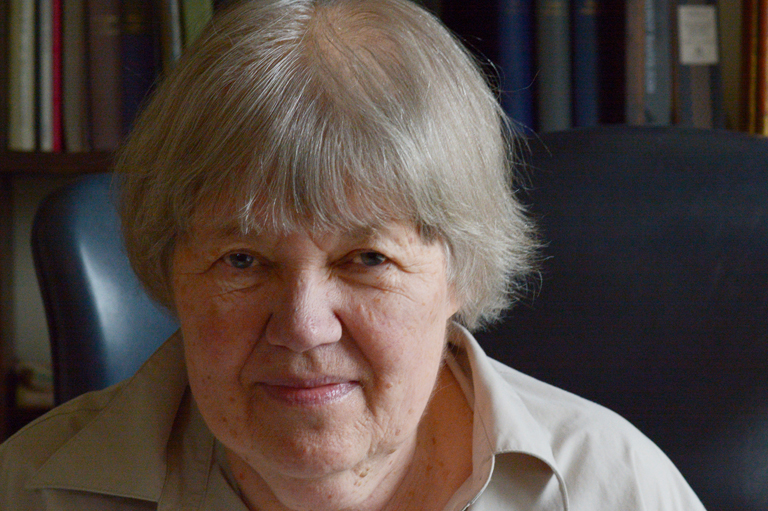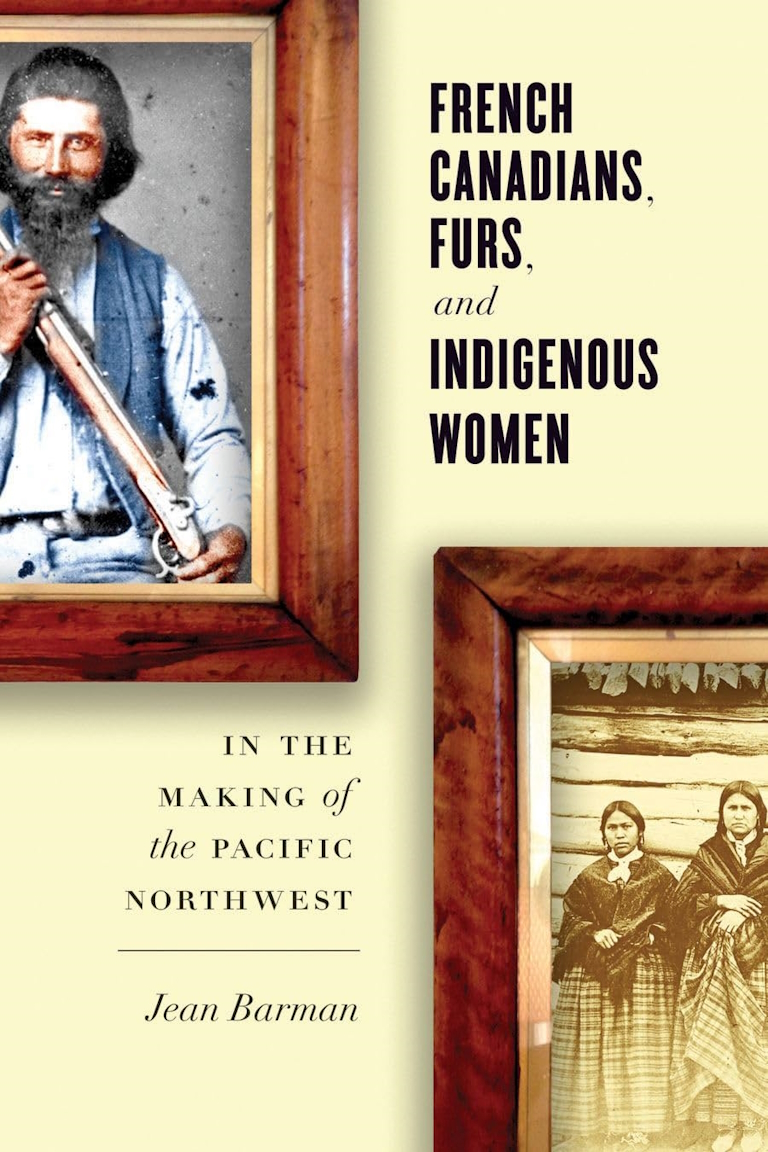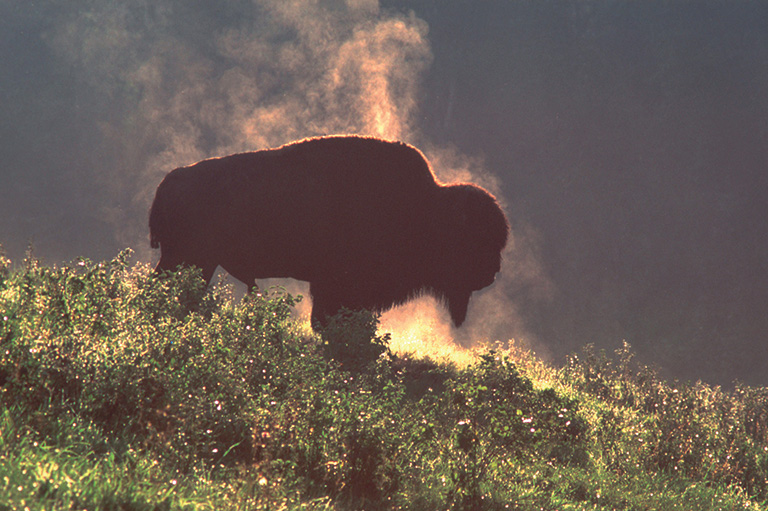Interview with Jean Barman

Jean Barman won the 2015 Sir John A. Macdonald Prize for her new book, French Canadians, Furs, and Indigenous Women in the Making of the Pacific Northwest. The prize is awarded annually to the best academic book on Canadian history, and this October in Ottawa Barman will also receive the Governor General’s History Award for Scholarly Research. The professor emeritus in the University of British Columbia’s department of educational studies spoke with editor-in-chief Mark Reid about the crucial role played by fur traders and their indigenous brides in keeping the Pacific coast Canadian.
With 7 uniquely curated newsletters to choose from, we have something for everyone.

What inspired you to write this book?
It started out as a project trying to understand why I had not paid attention to French Canadians in a general history I did of British Columbia, and why no one had been paying attention to French Canadians. It turned out, in the end — by my interpretation of the material — that French Canadians were fundamental to the way in which the Pacific Northwest developed, including how it was that British Columbia became a province of Canada instead of sliding into the United States.
Why did the French Canadians head to the northwest?
The Pacific Northwest was a very different place than anywhere else in the United States or Canada, in the sense that there was no external governance until 1846, when it was divided between the United States and England. Up to then, it was only a fur trade place. The only outsider-company economy was the Hudson’s Bay Company, based in London. They employed mainly French Canadians. Everywhere else in North America where they worked, [the HBC] wanted sturdy Scots. They wanted Orkneymen. But in the Pacific Northwest, they took over from the North West Company from Montreal, and so they kept on French Canadians, which was distinctive within the fur economy.
Save as much as 40% off the cover price! 4 issues per year as low as $29.95. Available in print and digital. Tariff-exempt!
You make the case that the fur traders helped to keep the West Coast Canadian.
When it came time to set the boundary, Britain wasn’t interested in colonies. The United States desperately wanted it all — they wanted to get their hands on Russian America, which was Alaska, and they were getting their hands on California. Britain would have given in, but the Hudson’s Bay Company persuaded them that they should hold on to part of [the northwest], because they were making money. And so, except for French Canadians — the people who were the backbone working for the fur trade and the main outsider group in the Pacific Northwest — Canada would have no Pacific shoreline today.
Your book also looks at how women impacted the fur trade there.
French Canadians came to work for the HBC. They had worked before for the North West Company out of Montreal, and they stayed. The reason they stayed is that they could partner with indigenous women. There were no Catholic priests in the Pacific Northwest until 1848. It was a relationship they could have squandered. They could have hit and run, but instead they stayed, and they had large families together. They have descendants all over the Pacific Northwest to the present day. The Indigenous women are really powerful in that these are not just relationships of pleasure — the women worked very, very hard in the fur economy as well.
Advertisement
How does it feel to win the Sir John A. Macdonald Prize?
I was totally astonished! ... It was a book that I wrote because I wanted descendants to feel themselves in it — I had many descendants get in touch with me. I thought that maybe a few people in British Columbia would think about it, but to think that [my book] had a national audience is really astonishing. It was unthinkable. When I found out the book was shortlisted, I thought that was unthinkable. And when I found out that it won — it was far more unthinkable! I’m still trying to figure out quite what it was that other people saw in it. I’m pleased that they did, and I suspect, over time, I will know.
At Canada’s History, we highlight our nation’s past by telling stories that illuminate the people, places, and events that unite us as Canadians, while understanding that diverse past experiences can shape multiple perceptions of our history.
Canada’s History is a registered charity. Generous contributions from readers like you help us explore and celebrate Canada’s diverse stories and make them accessible to all through our free online content.
Please donate to Canada’s History today. Thank you!
Themes associated with this article
Advertisement




